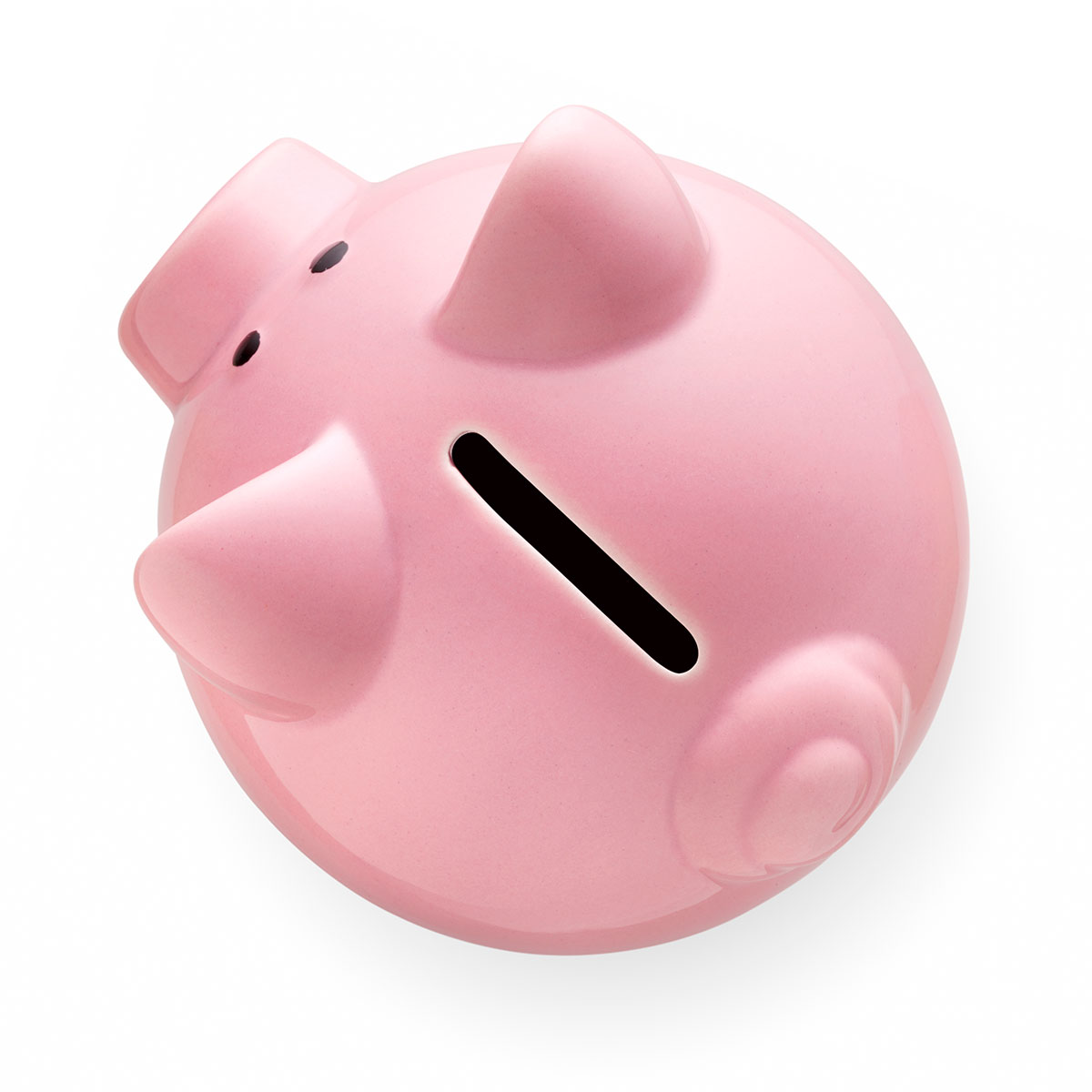Have you ever wondered what the most common types of dental emergencies and injuries are? When it comes to treating toothaches and urgent situations, here are some of the more frequent conditions that dentists are used to dealing with:
Athletic Injuries
Orofacial injuries are the most common type of trauma to occur in sporting events. Whether it’s wrestling or basketball, a fall or elbow to the mouth can cause serious, permanent injury. Wearing a professionally fitted mouth guard (which can only be made by a dentist) can prevent knocked out teeth. The belief that a mouth guard can also reduce the risk of concussion by stabilizing the jaw has been disproved by recent research.
Broken Fillings and Crowns
If you’ve ever had a crown fall off or a filling fall out, it’s not because you pulled it out with floss or brushed too hard. A failing restoration is due to recurrent decay around it or a leaky seal. In fact, it’s better to floss around it to prevent bacteria from collecting around your crown. Over time, almost all dental work can wear out. The key is to access ongoing preventive care, practice good daily oral hygiene, and see your dentist routinely so that he or she can replace the crown/filling before an emergency occurs.
You’ll likely be able to tell that something broke by feeling a rough area or hole when you run your tongue across your tooth. Crowns are more noticeable. While you don’t need to keep a filling to bond it back in place, you should keep your dental crown. Store it securely in a zip-top bag and bring it to your dentist at your earliest convenience. Try to avoid chewing on the broken tooth, as the weaker structure can break down more quickly (possibly rendering the tooth non-restorable.)
Chipped Teeth
Chipping a front tooth is an extremely common dental injury. Whether it’s due to a toddler bumping you in the mouth with their head or opening a package with your front teeth, these injuries are usually completely accidental, though you should not use your teeth as tools. If you do get bumped in the mouth and chip a tooth, try to locate the missing fragment right away. See a dentist ASAP (the same day – and within an hour or two of the accident if possible), and the broken segment of your tooth may be able to be bonded back in place.
Bruxing and Tooth Wear
Teeth (and dental work) can also break or wear down if you have a chronic clenching and grinding habit. “Bruxism” – the medical term for teeth grinding – typically occurs at night when you’re sleeping, but it can also be a bad tendency if you’re stressed out at work or on your drive home. If you notice your jaws getting sore or wake up with a headache in the morning, you need to ask your dentist about getting a protective splint or mouthguard to wear before your teeth chip, break or are otherwise damaged.
Abscessed Teeth
Putting off your dental work until the tooth actually “bothers” you could mean that your small cavity quickly becomes something more. As infection spreads into the inside of the tooth, the nerve can become infected, die, and start to abscess through your gum tissues. In rare circumstances, infections from dental abscesses have spread throughout the body and resulted in fatal infections.
The best treatment for a dental abscess is one that’s scheduled sooner, rather than later. A root canal, pulpotomy (for children), and possible medication alongside of the restorative procedure can eliminate pain and prevent the swelling from returning. If you’re experiencing any noticeable fistulas (pimples) along the gums, or facial swelling, call an emergency dentist immediately.
Emergency Room Dental Care?
When you’re in severe pain, your initial instinct might be to head to the nearest emergency room. Sadly, doctors and hospitals are not equipped to handle dental emergencies like broken or abscessed teeth. They can prescribe antibiotics to address infections as well as medications to briefly eliminate your pain until you can get to a dentist’s office. But many people take the medication and hope that the problem goes away. This can actually make your condition worse. Drug resistance with antibiotics could make it more difficult to treat the recurrent infection once it flares up again.
Because teeth don’t heal themselves, you need to see a dentist right away. Faster care can save you money, time, and salvage your tooth in most cases. Most dental offices are equipped to treat emergencies right away, even if you’re a new patient.
The Best Answer: Preventive Dental Care
Modern dentistry doesn’t follow the traditional “drill-and-fill” approach of decades past. Rather, the goal is to prevent dental problems and emergencies before they have a chance to start. The best way to do this is to keep your teeth healthy by making routine preventive care appointments at least every six months.
If you’ve been putting off your dental checkup because you don’t have dental insurance coverage, it could wind up costing you both your dental health and your money. An affordable alternative is to enroll in a Cigna dental savings plan for a 15-50% savings on your routine visits. Talk to the experts at Cigna Dental Plans to find an affordable program that fits your budget and start saving right away.







